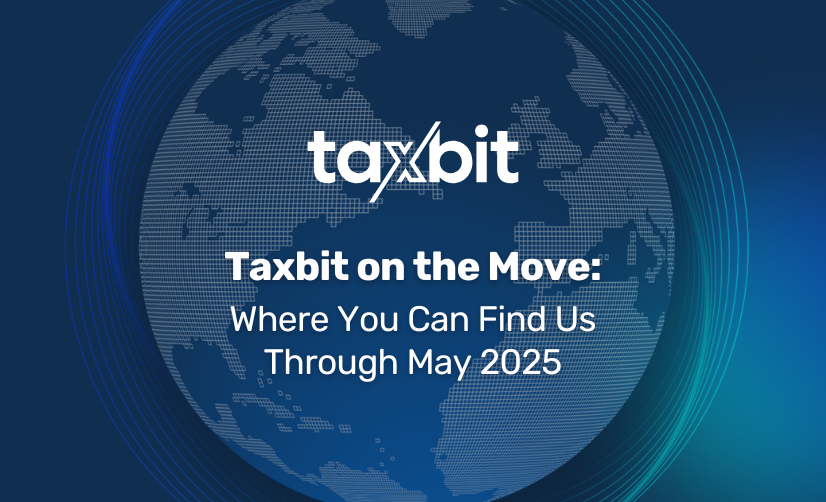On January 16, 2023, the IRS issued an Announcement stating that businesses that accept more than $10,000 worth of digital assets do not need to report such transactions yet to the IRS even though the Infrastructure Investment and Jobs Act of 2021 (IIJA) made that reporting requirement effective as of January 1 this year.
On January 16, 2023, the IRS issued an Announcement stating that businesses that accept more than $10,000 worth of digital assets do not need to report such transactions yet to the IRS even though the Infrastructure Investment and Jobs Act of 2021 (IIJA) made that reporting requirement effective as of January 1 this year.
This clarification comes on the heels of various articles and conversations across the digital asset industry questioning whether Section 6050I and corresponding Forms 8300 are effective in 2024.
The IRS has now provided the much-needed clarification for Section 6050I as they have already done on Section 6045. The Notice states that reporting does not go into effect until the IRS issues regulations on how to specifically comply with the Form 8300 reporting requirement:
“[U]ntil the Treasury Department and the IRS publish regulations under section 6050I to implement section 80603(b)(3) of the Infrastructure Act, persons engaged in a trade or business who, in the course of that trade or business, receive digital assets or digital assets and other cash in one transaction (or two or more related transactions) will not be required to include those digital assets when determining whether cash received has a value in excess of the $10,000 reporting threshold for purposes of determining if reporting is required under section 6050I with respect to those transactions.”
What Is the Section 6050I Reporting Requirement?
Reporting under Section 6050I is a long-standing requirement that businesses that receive more than $10,000 worth of fiat (e.g., when a car is purchased with cash) are required to report the transaction on Form 8300. The regulatory requirement is aimed to help the Treasury Department combat money laundering.
Its expansion under the IIJA to bring digital assets into the scope adds a new level of complexity. Many questions will arise that require a regulatory understanding of the digital asset industry and regulations that reflect said understanding. For example:
- What is the proper index to use when determining the value of cryptocurrency received by a business?
- Does the reporting requirement apply to any business that receives more than $10,000 worth of cryptocurrency, including exchanges? This is of particular importance given the existing regulation typically applies to businesses selling goods such as cars or jewelry. It also raises the question of whether the regulation will include exclusions to the type of businesses required to comply.
The IRS and Treasury Department will likely propose answers to these questions in such forthcoming regulations. Until then, the IRS’s announcement means this reporting applies only to cash and cash equivalents not otherwise associated with a customer’s name when making a purchase, such as traveler’s and cashier’s checks.
Clarity on Digital Asset Broker Reporting
The IRS issued clarity and a similar delay in reporting for digital asset brokers on December 23, 2022, for the IIJA’s two other changes to tax reporting for digital assets, which were (1) tax reporting by digital asset brokers to the IRS and the brokers’ customers and (2) sharing of customer information between brokers when those customers move their digital assets from one broker to another. On August 29, 2023, the Treasury Department and the IRS issued proposed regulations covering those two provisions, which we discussed in depth here, and we suspect final regulations will be issued in the months ahead. It is unknown when the IRS will propose regulations for the reporting of businesses receiving more than $10,000 worth of digital assets.
How Taxbit Can Help
With current and upcoming clarity on deadlines, data collection, and IRS tax-reporting requirements, Taxbit is the right partner to help you achieve 100% compliance. With our enterprise-grade platform and renowned team of compliance experts, you can seamlessly stay up to speed with all the provisions of ever-evolving regulations.









